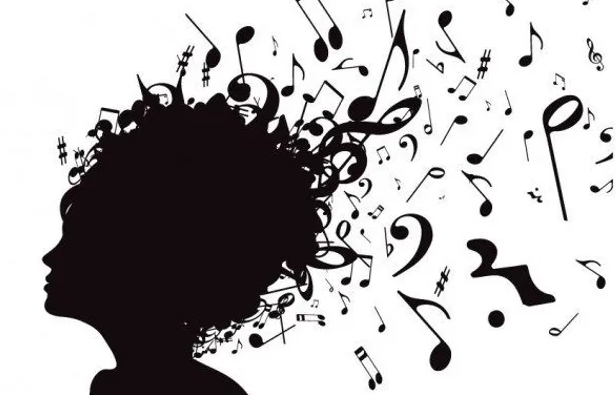Benefits of Music
Music, a universal language that transcends barriers, has an array of benefits that extend beyond mere entertainment. In this article, we explore the various ways in which music enriches our lives, mentally, emotionally, and physically.

Enhanced Cognitive Abilities
The enchanting realm of music extends far beyond the realms of entertainment. When we delve into the intricacies, we realize that music possesses a profound impact on the most complex organ of our bodies – the brain. Science and research, through numerous studies, have unequivocally showcased the cognitive benefits intertwined with engaging in music. It’s like a symphony for the brain, a harmonious interplay that orchestrates a range of cognitive abilities, conducting them to a crescendo of enhancement. Memory, the cornerstone of our experiences, finds a companion in music, as it waltzes to a better tune. Attention, a delicate dance of focus and awareness, pirouettes gracefully to the melody, never missing a beat. Problem-solving skills, the intricate puzzles of the mind, find a tune that guides them to resolution.
Stress Reduction and Relaxation
One of the most notable benefits of music is its ability to reduce stress and induce relaxation. Listening to calming music can lower cortisol levels, the hormone associated with stress. It acts as a therapeutic tool, providing solace and tranquility in our hectic lives. Playing soothing tunes can be a meditative experience, promoting a sense of inner peace.
Mood Elevation and Emotional Well-being
Music has an undeniable effect on our emotions. The right song at the right moment can uplift our spirits, making us feel happier and more optimistic. It’s a potent tool to express emotions, whether it’s joy, sorrow, love, or even anger. Music therapy is often used to help individuals manage their emotions and improve their overall emotional well-being.
Enhanced Learning and Creativity
Incorporating music into the learning process can significantly enhance learning and creativity. It has been observed that students exposed to music perform better academically. Music ignites creativity by encouraging us to think outside the box and explore new horizons of imagination. It fosters a creative mindset that can be applied to various aspects of life.
Improved Physical Health
Believe it or not, music can have a positive impact on physical health. It has the power to regulate heart rate, and blood pressure, and even improve sleep quality. Engaging in activities like dancing to music is not only a great workout but also an enjoyable way to stay physically active. Overall, it contributes to a healthier lifestyle.
Community and Social Bonding
Music is a catalyst for bringing people together. It has the remarkable ability to create a sense of unity and bonding among individuals. Whether it’s singing together in a choir, playing in a band, or simply enjoying a live concert, music fosters a sense of community and social connection. It’s a shared experience that transcends differences.
Pain Management and Healing
Intriguingly, music has been found to aid in pain management and healing. Listening to music can act as a natural pain reliever by distracting the mind from discomfort. Moreover, it’s increasingly utilized in therapeutic settings to aid in the recovery process for individuals dealing with physical or emotional trauma.
Final Thoughts
In conclusion, the benefits of music are both diverse and profound. From enhancing cognitive abilities to promoting emotional well-being, and even aiding in physical health, music has an undeniably positive impact on our lives. It’s a language that speaks to the soul, offering solace, joy, and a means to express the intricate tapestry of human emotions. So, the next time you tune in to your favorite melody, remember, that you’re not just listening to music; you’re embracing an array of advantages that contribute to a more fulfilling life.

